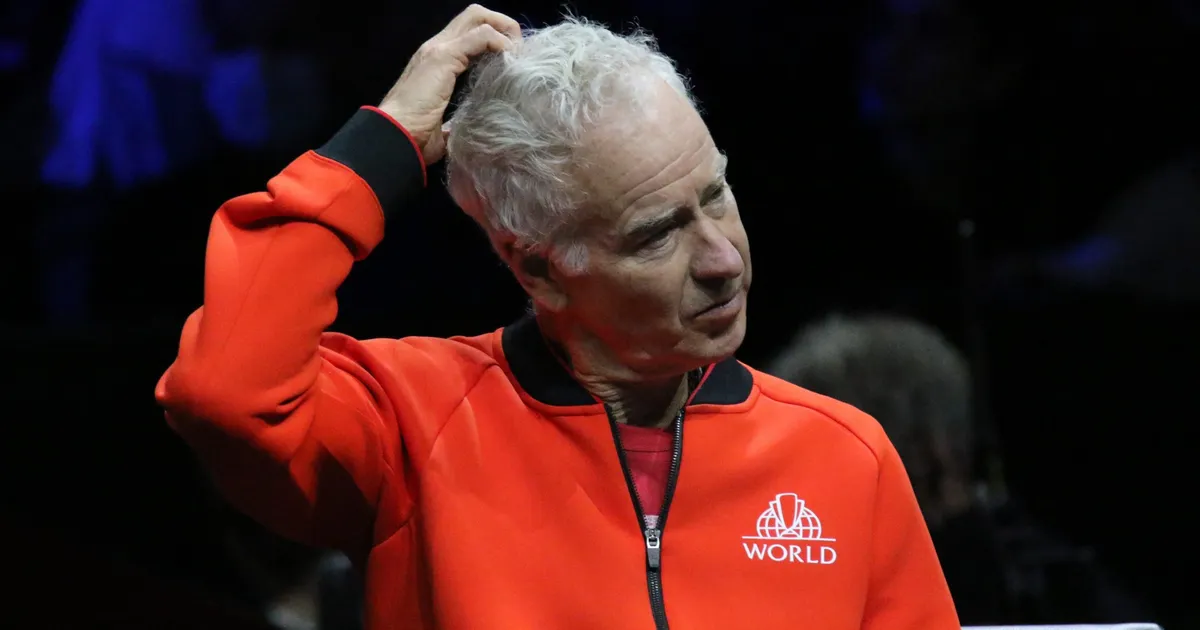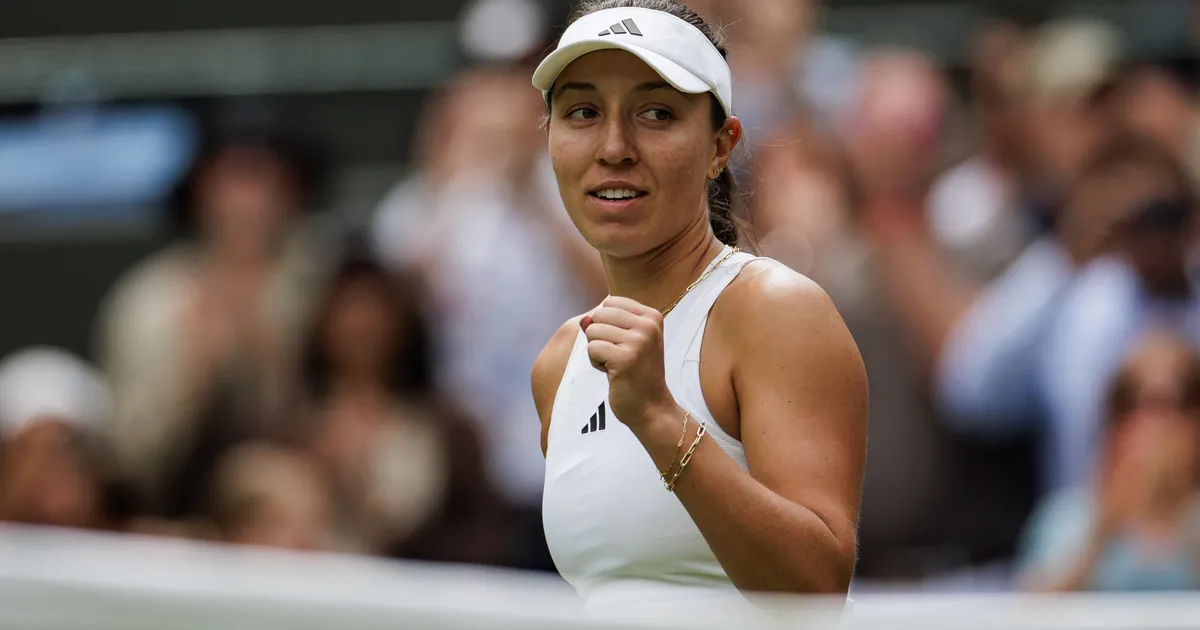The world of tennis commentary remains a topic of intense debate among fans, especially when it comes to the contributions of former players like John McEnroe. A figure as polarizing as he is influential, McEnroe has spent years providing insights and analysis during some of the sport’s most significant events. Yet, as he returns annually to the Grand Slam commentary booths, many viewers find themselves divided on the value of his insights.
As a seven-time Grand Slam champion, McEnroe undoubtedly possesses a wealth of experience and understanding of the game. Former athletes often bring unique perspectives that enhance the viewing experience, allowing fans to glean additional context from their commentary. However, in recent years, criticism has emerged suggesting that McEnroe may not be fully in tune with the contemporary landscape of professional tennis. Some fans argue that his grasp of the modern game pales in comparison to younger commentators who have adapted to the sport’s evolving dynamics.
Moreover, a significant number of viewers have expressed dissatisfaction with what they perceive as McEnroe’s disrespect towards lower-ranked players. His candid admission that he sometimes struggles to recognize or identify players outside the top ranks has sparked backlash, with many feeling this undermines the professionalism expected in sports commentary. Notably, this sentiment has not deterred networks; McEnroe continues to be a sought-after commentator for major broadcasts including those by the BBC and TNT Sports.
In 2023, the BBC defended their substantial investment in McEnroe for his commentary during Wimbledon, a choice that some critics find difficult to justify. Columnist Sally Jenkins articulated her frustrations in a scathing piece for The Washington Post, where she described McEnroe and his brother Patrick as “irritating,” claiming their analysis provides little substance. Jenkins condemned their contribution to the ESPN broadcast, likening it to background noise rather than valuable insight.
Cold receptions were not limited to their overall commentary style; Jenkins specifically pointed to McEnroe’s frequent mispronunciations of players’ names and his apparent lack of rigorous research on lesser-known competitors. Her commentary suggested that viewers should expect more professionalism from someone with his level of experience, advocating for an approach that is more in line with celebrated commentators like Andre Agassi, Chris Evert, and Andy Roddick, who may provide a richer and more informative experience.
While Evert shares some criticism, particularly regarding verbosity during matches, the differences in style among commentators showcase the subjectivity of viewer preferences. Newer voices like Nick Kyrgios have brought a fresh perspective to commentary, especially during the Australian Open, Wimbledon, and US Open, where his insights gained appreciation, primarily due to his firsthand experience with many of the players.
Despite backlash, and even after Kyrgios voiced his displeasure regarding being overlooked for the Wimbledon commentary in 2025, there remains a segment of the audience that enjoys McEnroe’s presence on air. Meanwhile, commentators like Andrea Petkovic, who occasionally offer contrasting opinions, continue to earn acclaim for their insightful analysis and seen as a welcome alternative to more established figures.
Ultimately, the debate surrounding McEnroe’s commentary and the broader landscape of tennis analysis highlights the diverse tastes of tennis fans, proving that commentary — much like the sport itself — is ripe for differing opinions. As he remains a fixture in tennis broadcasts, McEnroe’s style and approach will likely continue to spark discussions about the evolution of commentary within a rapidly changing game.



